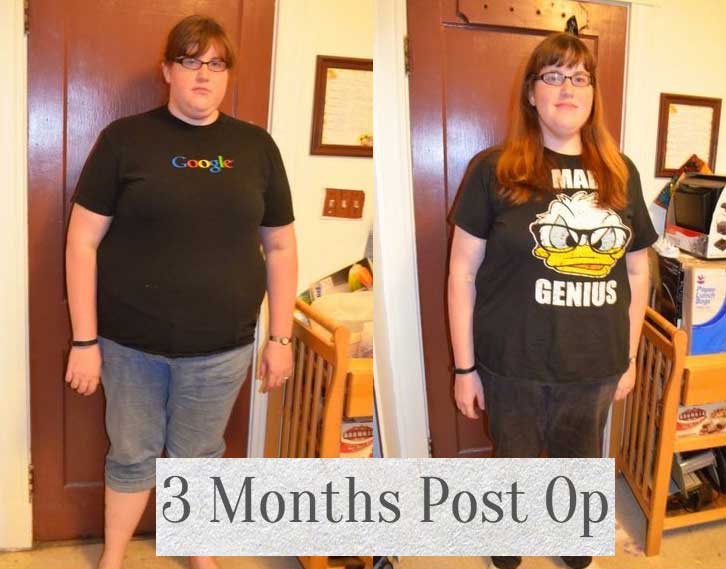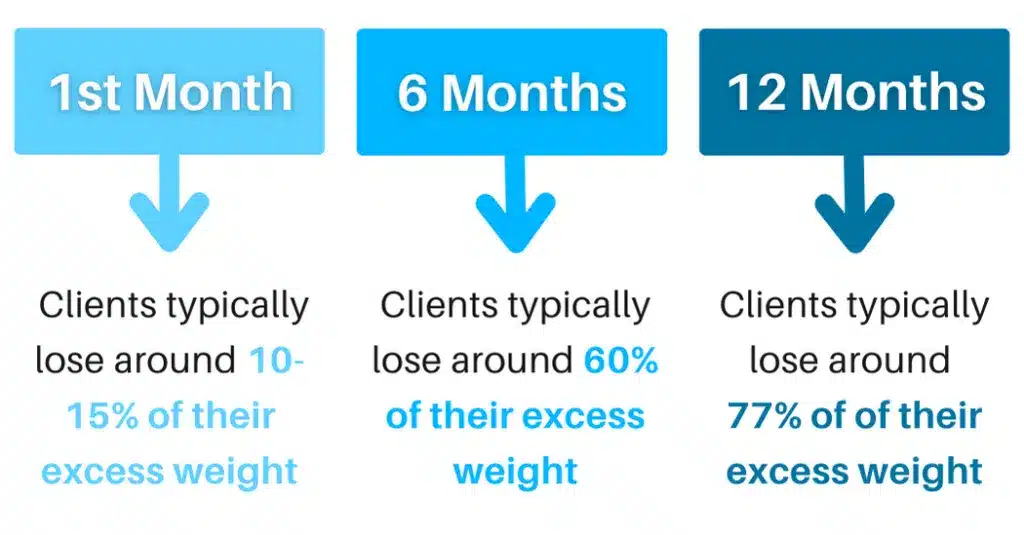After Gastric Bypass How Long To Lose Weight
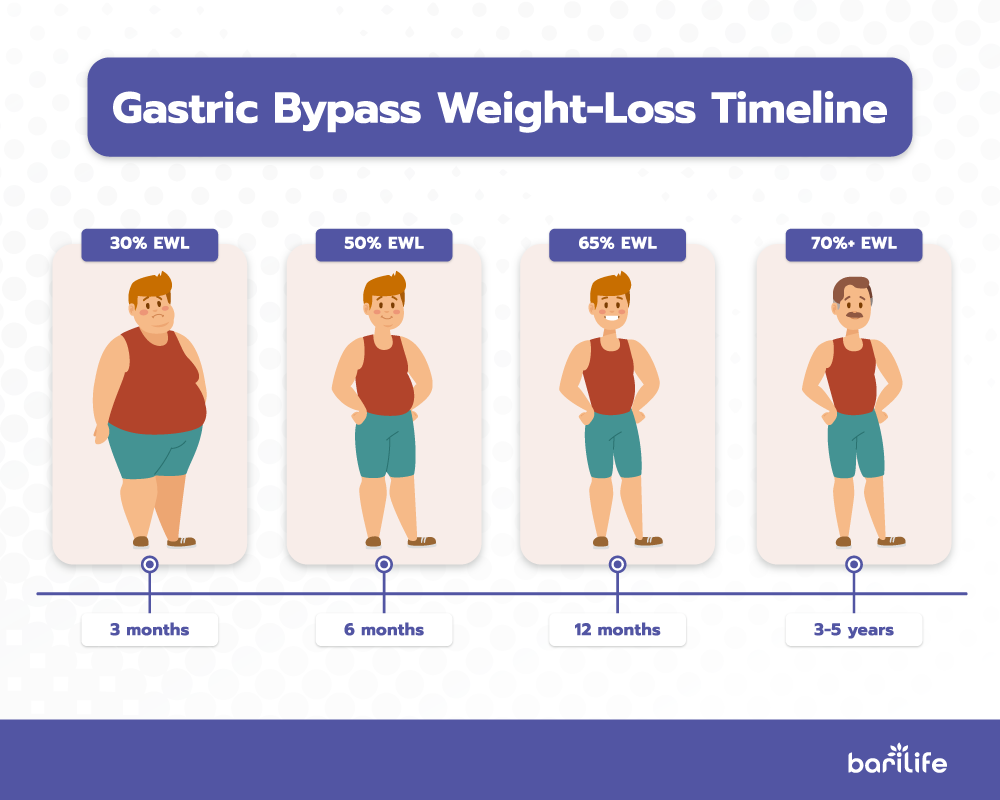
Imagine a life where meal planning doesn't revolve around calorie counting, where walking up a flight of stairs doesn't leave you breathless, and where shopping for clothes becomes an exciting adventure rather than a dreaded chore. For many, this is the promise of gastric bypass surgery, a beacon of hope for those struggling with severe obesity. But the question that lingers in the minds of countless individuals considering this life-altering procedure is: After gastric bypass, how long does it really take to lose weight?
The journey after gastric bypass is a marathon, not a sprint. While initial weight loss can be rapid, understanding the typical timeline and factors influencing it is crucial for setting realistic expectations and maximizing long-term success. This article explores the expected weight loss trajectory following gastric bypass, shedding light on the individual variables that play a significant role in achieving lasting results.
The Initial Plunge: Early Weight Loss Expectations
The first few months post-surgery often bring the most dramatic changes. Patients typically experience a significant reduction in weight, often losing a substantial percentage of their excess weight within the first three to six months. According to the American Society for Metabolic and Bariatric Surgery (ASMBS), patients can expect to lose, on average, 60-80% of their excess weight within the first 12 to 18 months following the procedure.
This rapid weight loss is attributed to the reduced stomach size, which limits food intake, and hormonal changes that impact appetite and metabolism. However, it's important to remember that these are average figures, and individual results can vary.
Factors Influencing Weight Loss Speed
Numerous factors influence the speed and extent of weight loss after gastric bypass. These include:
Starting Weight: Individuals with a higher starting weight may initially lose more pounds than those with less weight to lose.
Adherence to Dietary Guidelines: Following the prescribed post-operative diet is paramount. This usually involves a staged progression from liquids to pureed foods, then to soft foods, and finally to solid foods, with a focus on protein intake.
Exercise Habits: Incorporating regular physical activity is crucial for boosting metabolism and maintaining muscle mass during weight loss. Even moderate exercise like walking can significantly impact results.
Overall Health: Pre-existing health conditions, such as diabetes or thyroid issues, can influence weight loss.
Age and Metabolism: Younger individuals often have a faster metabolism, which can contribute to quicker weight loss.
Furthermore, psychological factors, such as emotional eating habits and support systems, also play a role. Addressing these factors through therapy or support groups can be beneficial.
The Plateau and Beyond: Maintaining Momentum
Weight loss typically slows down after the initial rapid phase. This plateau is a normal part of the process. It's crucial not to become discouraged during this time. Adjusting dietary habits, increasing exercise intensity, or seeking guidance from a registered dietitian or bariatric surgeon can help overcome a plateau.
Long-term success hinges on making sustainable lifestyle changes. This includes adopting healthy eating habits, engaging in regular physical activity, and attending follow-up appointments with the bariatric team.
Maintaining a healthy mindset is also essential. Gastric bypass is a tool, not a cure. It requires ongoing effort and commitment to achieve lasting results.
Looking Ahead: A New Chapter
The journey after gastric bypass is transformative, offering the potential for significant improvements in health and quality of life. While the initial weight loss timeline provides a general framework, individual experiences can vary. By understanding the factors that influence weight loss and embracing a commitment to long-term lifestyle changes, individuals can unlock the full potential of this life-changing procedure.
Ultimately, success after gastric bypass is about more than just the numbers on the scale. It's about reclaiming health, boosting confidence, and living a fuller, more active life. The journey is unique to each individual, and with the right support and commitment, a brighter, healthier future awaits.
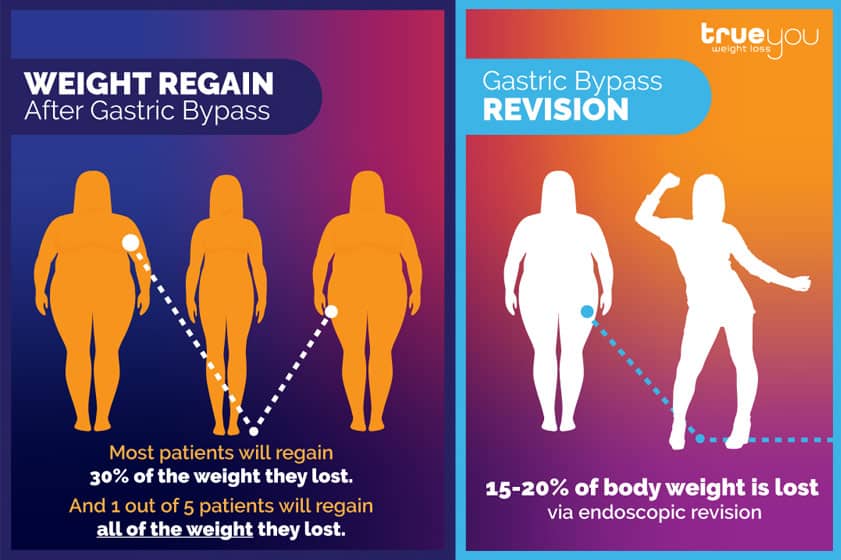
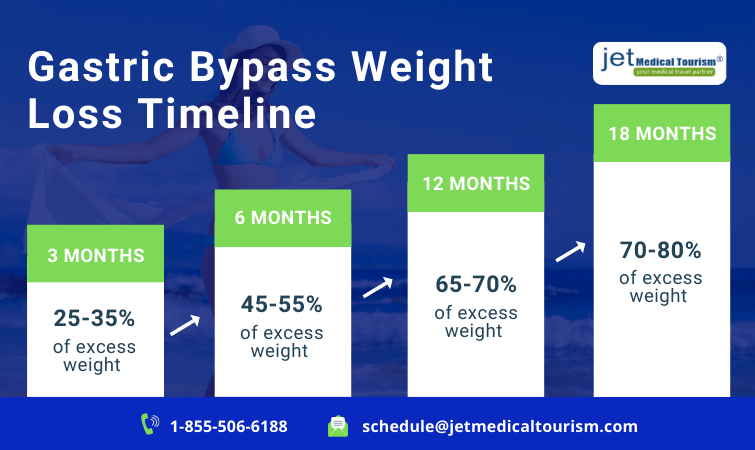
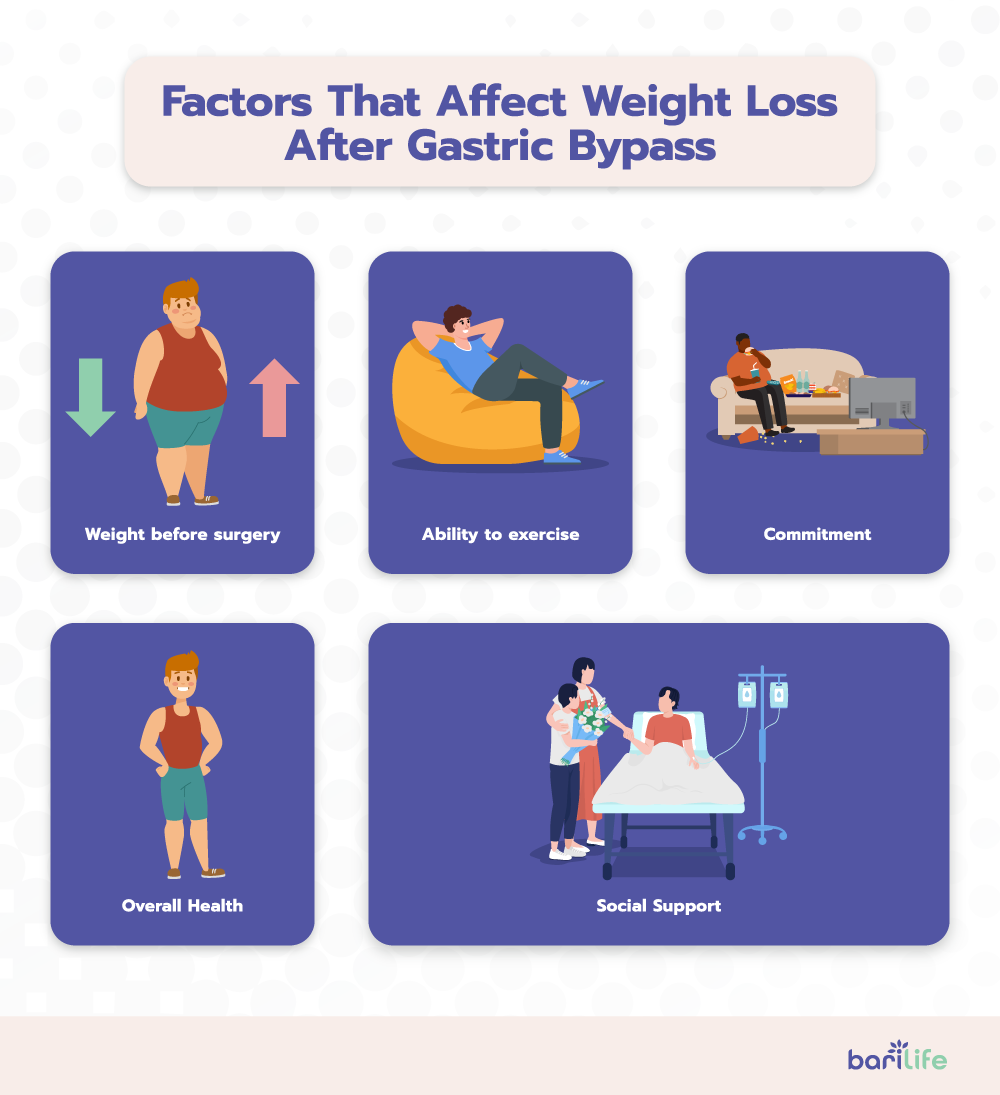

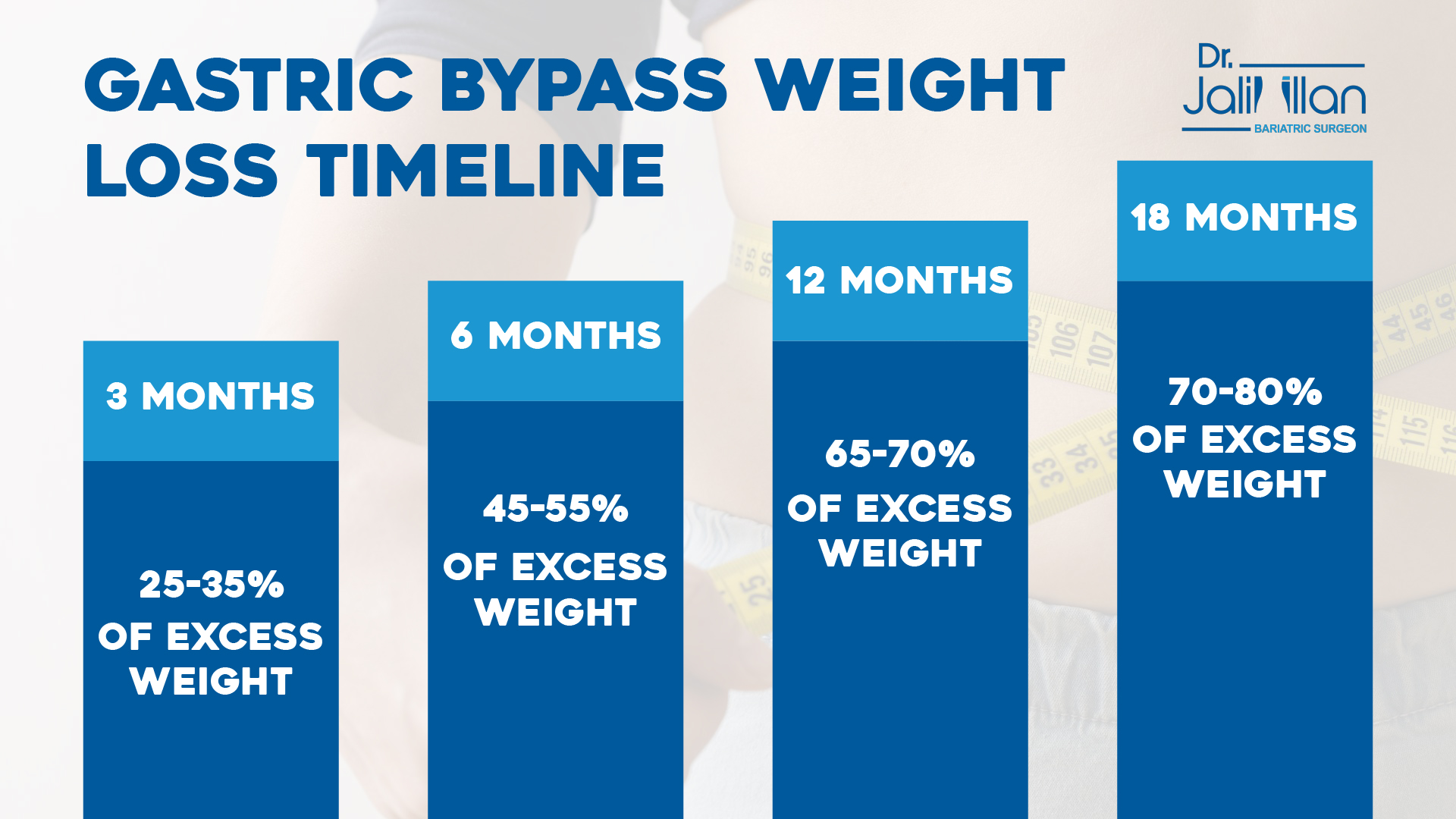



:max_bytes(150000):strip_icc()/post-weight-loss-surgery-tips-3156808-v2-3081ccf2b098490b976a3a6d935a1be8.png)




